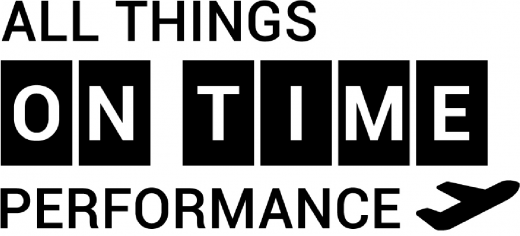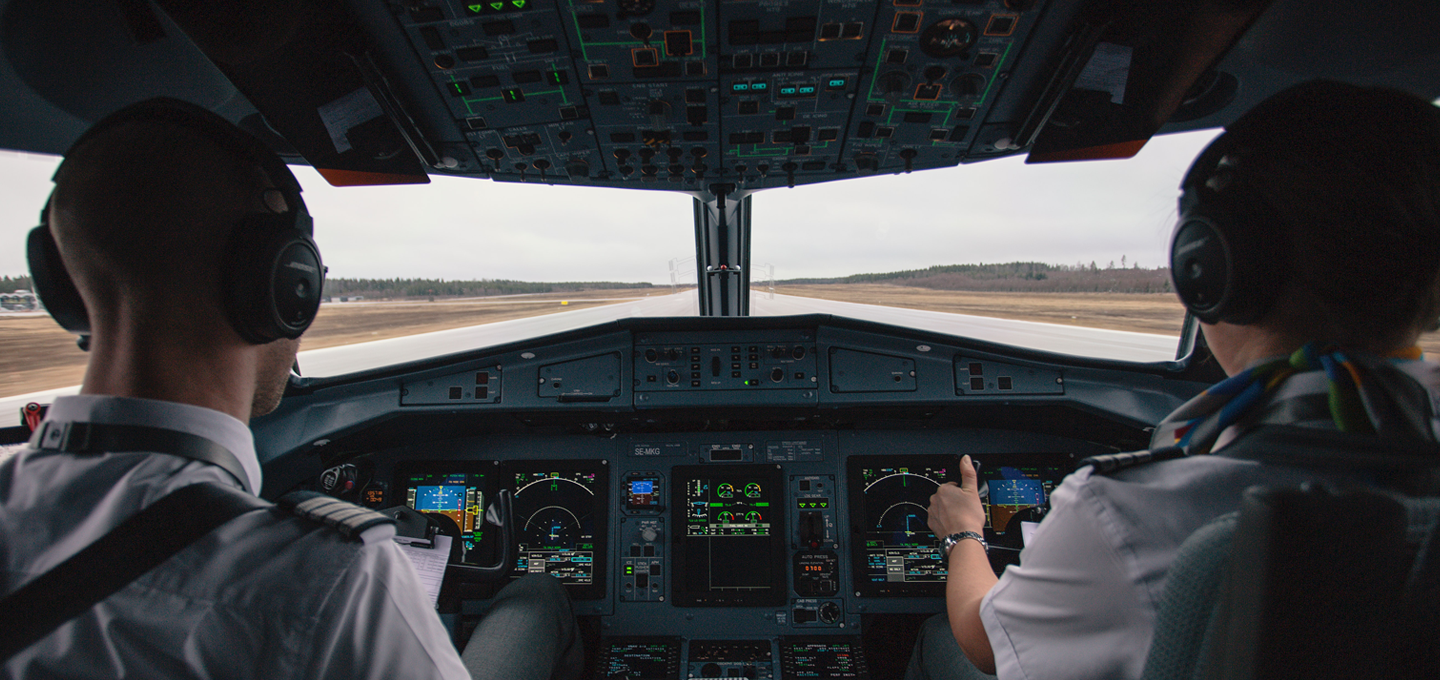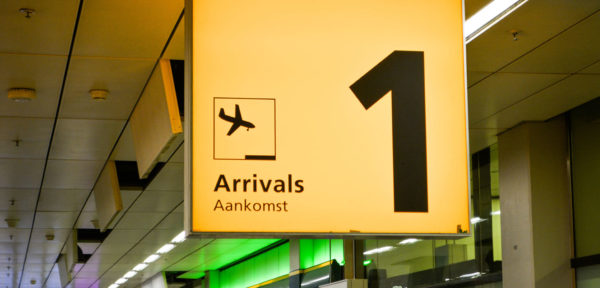While many factors are being evaluated in quest to improve airlines’ on-time performance (OTP), little focus has been on the pilots and how OTP objectives may be affecting them. In November 2019, GOOSE Recruitment and FlightGlobal conducted a four-week survey to gauge how pilots were feeling. In “The Pilot Survey 2020,” the input of 1,336 pilots of all ranks is reflected. The survey sought to identify the most important trends and points of interest to pilots today. Here are some of the most significant findings:
- How stressed are pilots on a normal working day? On a scale of 1 to 5 (1 being not stressed and 5 being very stressed), pilots responded at an average of 2.5 or moderately stressed.
- What stresses pilots the most? They are most stressed by the increasing pressure placed on them by Management to reduce fuel consumption along with new rules and regulations. One pilot commented, “Management is driven by service delivery at the cost of professional standards.”
- In which regions are pilots most stressed by Management? That distinction goes to the Middle East and China. The survey revealed a heightened level of emotion by pilots regarding Management-imposed stress. Here are some of the pilots comments: “Fear-culture present in the operations.” “Management’s unwillingness to listen to good ideas on how things could be done better or more efficiently.” “It is a reporting culture…My workday revolves around not screwing up and if I do, make sure management does not find out because if they do, I have to spend my day off justifying it and potentially losing my job.” “The culture that has been instilled from the top tier management is not conducive to optimal operation. Blame culture mixed with a very real demonstration of money over safety forces a very uneconomical and inefficient operation which leads to blaming and cycle continues.”
- Which region causes the most rotation-related stress on pilots? Pilots flying in Europe are most stressed. Specifically, the region is deemed to be a “high pressure, crowded airspace” and Management is regarded to be unrealistic in the demands of rotations that are placed on pilots. One pilot surveyed cited, “Unachievable turnaround times and delay for which we receive no compensation” as a root cause of their stress. Another stated, “Short turnaround times put pressure on safety and on-time performance.” Further regarding this point, it is typical for pilots on evening flights in Europe to experience delays due to the airport and airline needing to catch up due to delays incurred earlier in the day. This, in turn, generated more stress on pilots now required to reschedule and rework their original plans, communicate with air traffic control, and negotiate new slots with the airport.
Read more about the survey here.





0 comments on “The Pilot Factor in On-Time Performance”